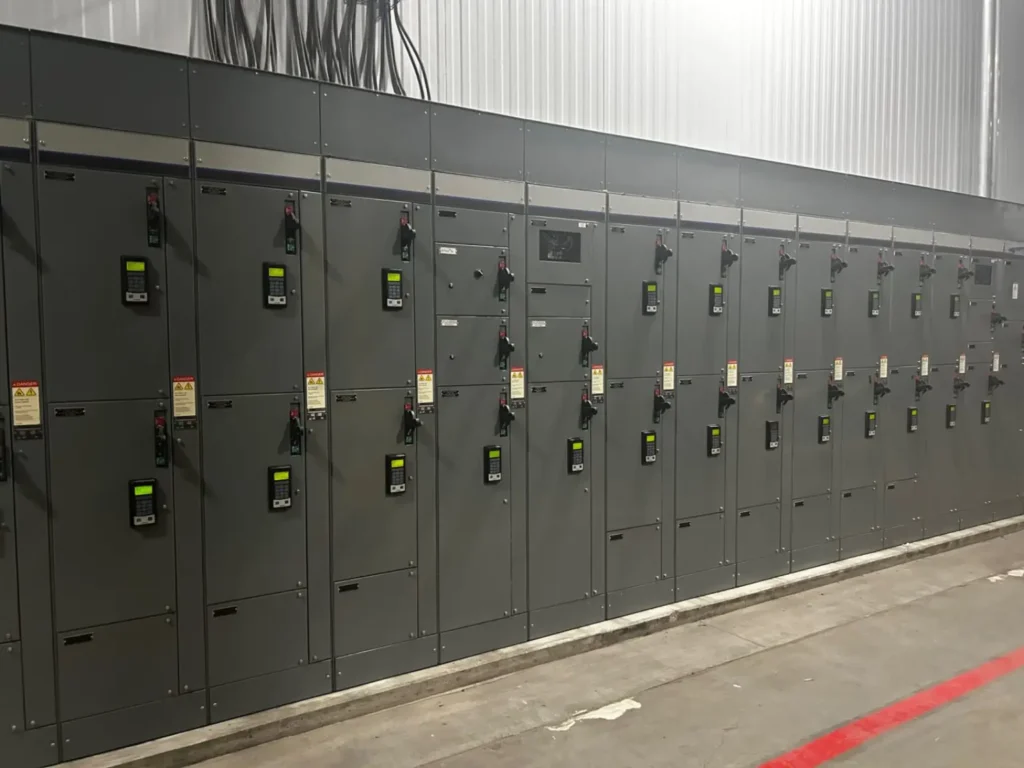Control systems integrator is a critical role in today’s fast-evolving industrial landscape. As companies look to improve efficiency, reduce downtime, and integrate smarter technologies, the demand for experienced control systems integrators has never been greater. These professionals design and implement automated systems that streamline operations, optimize productivity, and ensure regulatory compliance across industries.
Whether you’re upgrading an outdated system or building a new facility from the ground up, a control systems integrator brings together hardware, software, and engineering expertise to deliver a cohesive, scalable automation solution.
What Does a Control Systems Integrator Do?
A control systems integrator designs, develops, and installs integrated control systems that allow industrial equipment and processes to function efficiently and safely. These systems often include:
-
Programmable Logic Controllers (PLCs)
-
Human Machine Interfaces (HMIs)
-
Supervisory Control and Data Acquisition (SCADA) systems
-
Variable Frequency Drives (VFDs)
-
Sensors, actuators, and I/O modules
-
Industrial networks and communication protocols
An integrator ensures all these components work together seamlessly, enabling plant operators and engineers to monitor, control, and optimize processes in real-time.
Why Work With a Professional Control Systems Integrator?
Choosing an experienced control systems integrator is essential for maximizing your automation investment. Here are some of the top benefits:
1. Customized Automation Solutions
No two facilities are alike. A control systems integrator evaluates your specific processes and creates a solution that meets your operational goals, safety requirements, and budget.
2. Improved Efficiency
By automating manual tasks and optimizing machine operations, integrators help reduce downtime, minimize waste, and increase throughput.
3. Seamless System Integration
Professional integrators can connect new automation systems with legacy equipment or other enterprise systems (like ERP or MES), ensuring a cohesive and future-proof setup.
4. Regulatory Compliance
From OSHA and NFPA to UL and ISO, a skilled integrator ensures that your system meets all industry and safety standards.
5. Reduced Downtime and Maintenance
Proper design, wiring, and programming reduce the chance of system failures and make diagnostics and repairs much easier when needed.
Industries That Rely on Control Systems Integrators
Control systems integrators are essential across a wide variety of sectors, including:
-
Manufacturing and assembly lines
-
Food and beverage processing
-
Water and wastewater treatment
-
Oil and gas operations
-
Pharmaceutical and chemical production
-
Automotive and aerospace industries
-
Energy and utilities
In each of these sectors, precision, speed, and reliability are vital—making automation and integration services indispensable.
Xtreme Automation LLC: Your Trusted Control Systems Integrator
If you’re searching for a reliable and innovative control systems integrator, Xtreme Automation LLC is a top choice for businesses that value quality, performance, and support. With years of experience in industrial automation, Xtreme Automation specializes in designing and implementing tailored control systems that streamline operations and ensure long-term success.
Their core services include:
-
PLC and HMI programming
-
SCADA system integration
-
UL508A-certified control panel design and fabrication
-
Troubleshooting and upgrades for legacy systems
-
Remote monitoring and IoT integration
-
On-site commissioning and operator training
Whether you operate a large manufacturing facility or a mid-sized processing plant, Xtreme Automation LLC delivers scalable and reliable automation solutions that fit your business goals.
The Integration Process
Partnering with a control systems integrator typically involves several key steps:
1. Consultation and Planning
The integrator conducts a thorough site assessment and gathers information about your goals, equipment, and production requirements.
2. System Design
A customized automation solution is engineered, including control panel layouts, wiring schematics, and software architecture.
3. Implementation and Programming
The integrator programs PLCs, configures HMIs, and sets up communication between all devices and systems.
4. Testing and Commissioning
The full system is tested to ensure safe, reliable operation before going live.
5. Ongoing Support
After installation, support is provided for maintenance, troubleshooting, and system expansion as needed.
Future Trends in Control Systems Integration
As technology continues to advance, control systems integrators are adapting to new tools and innovations, including:
-
Industrial IoT (IIoT): Real-time data sharing across devices and systems
-
Edge Computing: Faster local processing of control logic and analytics
-
Artificial Intelligence (AI): Predictive maintenance and intelligent process control
-
Cybersecurity: Securing networks and control systems from cyber threats
-
Cloud-Based SCADA: Remote access and data storage in secure cloud environments
These trends will continue to redefine what’s possible in industrial automation—and having a forward-thinking control systems integrator on your team ensures you stay ahead.
Conclusion
Choosing the right control systems integrator is one of the most important decisions you’ll make in your automation journey. From system design and programming to implementation and support, integrators play a vital role in turning complex processes into streamlined operations.
If you’re ready to take your industrial automation to the next level, Xtreme Automation LLC is the partner you can trust. With a commitment to precision, innovation, and long-term value, they help businesses across industries achieve smarter, safer, and more efficient operations.

